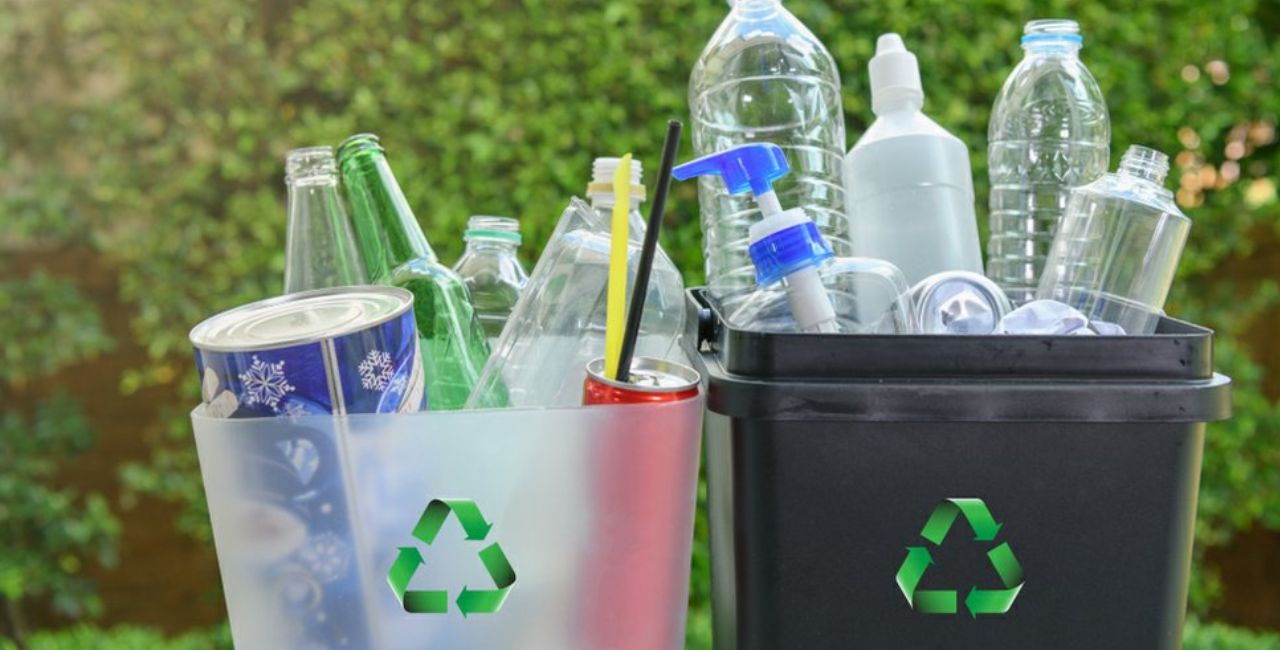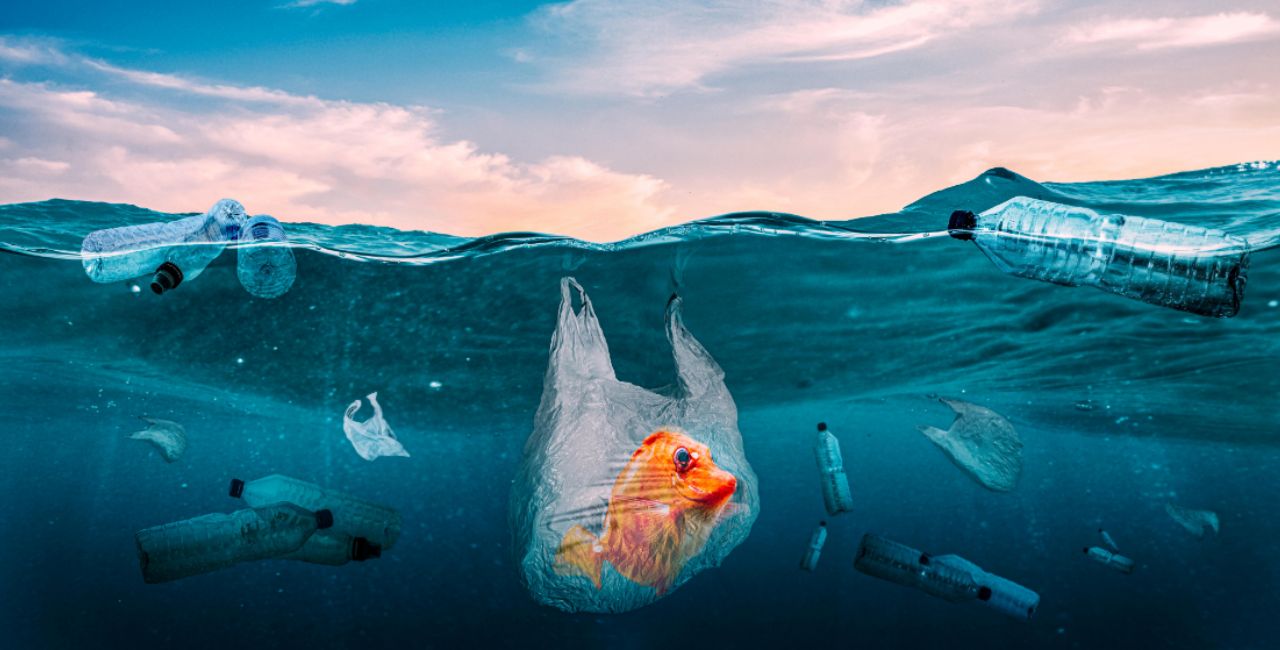Strategies to reduce the global carbon footprint of plastics

Plastics have become an integral part of our daily lives, but their widespread usage has resulted in a significant global carbon footprint and environmental pollution. As concern for the planet grows, businesses and individuals alike are seeking effective strategies to reduce the global carbon footprint associated with plastics. In this article, we will delve into essential strategies to minimize the environmental impact of plastics and promote sustainable practices. By implementing these strategies, we can pave the way for a greener and less global carbon footprint.
Promoting Plastic Recycling
Plastic recycling plays a crucial role in reducing carbon emissions and mitigating the global carbon footprint. By diverting plastics from landfills and incineration, recycling helps conserve energy and minimize greenhouse gas emissions. The benefits of plastic recycling extend beyond waste management, making it an essential strategy for a more sustainable future.
Recycling allows for the recovery and reuse of valuable resources, reducing the need for the production of new plastics from fossil fuels. This process significantly decreases the carbon emissions associated with extracting, refining, and manufacturing virgin plastics. By promoting plastic recycling, we can actively contribute to the reduction of greenhouse gas emissions and combat climate change.
Understanding the different types of plastics that can be recycled is essential in optimizing recycling efforts. Plastics are categorized into seven resin identification codes (RICs), indicating the type of plastic and its recycling properties. Commonly recycled plastics include polyethylene terephthalate (PET), high-density polyethylene (HDPE), and polypropylene (PP). Each type of plastic has its recycling capabilities, and educating individuals on proper sorting and recycling practices for different plastics is crucial to maximize recycling efficiency.

To ensure effective plastic recycling, it is important to provide tips on proper recycling techniques. These include rinsing containers before recycling, removing non-recyclable components, and avoiding contamination from food or other waste. Additionally, it is beneficial to inform readers about local recycling centers or programs available in their area. Highlighting the convenience and accessibility of local recycling options encourages individuals to participate and contribute to the reduction of the global carbon footprint.
By promoting plastic recycling and providing valuable information on the types of plastics that can be recycled, tips for proper recycling practices, and local recycling centers or programs, we can empower individuals to make environmentally conscious choices. Together, we can reduce carbon emissions and work towards a more sustainable future.
Encouraging Plastic Waste Reduction
Reducing plastic waste generation is a crucial step in minimizing the global carbon footprint associated with plastics. By adopting practical tips and making conscious choices, individuals and businesses can contribute significantly to this effort.

- Practical Tips for Individuals and Businesses:To reduce plastic waste, individuals can start by carrying reusable bags, water bottles, and coffee cups. These simple actions eliminate the need for single-use plastic items. Additionally, opting for products with minimal packaging and choosing bulk options helps reduce plastic waste at the source. Businesses can implement similar strategies by offering incentives for customers who bring their own reusable containers or by using eco-friendly packaging materials.
- Importance of Reusable Products, Minimal Packaging, and Sustainable Purchasing Choices: Using reusable products plays a vital role in reducing plastic waste. By investing in durable alternatives such as reusable grocery bags, stainless steel water bottles, and food storage containers, individuals and businesses can significantly minimize their reliance on single-use plastics. Moreover, opting for products with minimal packaging or choosing items packaged in sustainable materials like cardboard or biodegradable alternatives can further reduce the environmental impact of plastics.
- Impact of Individual Actions on Overall Carbon Footprint Reduction: It's essential to emphasize that individual actions collectively contribute to a significant reduction in the global carbon footprint. Each time an individual chooses to refuse single-use plastic or embrace reusable alternatives, they are making a positive impact. By spreading awareness and encouraging sustainable practices, individuals can inspire others to join the movement, resulting in a multiplied effect on carbon footprint reduction.
In conclusion, individuals and businesses have the power to make a difference by actively reducing plastic waste generation. Through practical tips, the use of reusable products, minimal packaging, and sustainable purchasing choices, we can collectively minimize the global carbon footprint associated with plastics. Remember, every small action counts and contributes to a greener and more sustainable future.
Collaboration with Sustainability Brands
Partnerships and collaborations play a crucial role in driving positive change and promoting sustainable practices to reduce the global carbon footprint. Working alongside brands and organizations can amplify efforts and create a larger impact in raising awareness and driving meaningful action.

By joining forces with brands, organizations gain access to a dedicated and engaged audience that is already passionate about environmental issues. These brands have built a loyal following based on their credibility and expertise in sustainability, making them powerful allies in spreading the message of reducing the global carbon footprint associated with plastics.
The benefits of collaborating with brands are multifold. Firstly, their endorsement adds credibility and authenticity to the cause, boosting the overall visibility and reach of the campaign. Their influence inspires and motivates their followers to adopt sustainable practices and make conscious choices that contribute to a greener future.
One successful example of collaboration is the partnership between Airx and various brands. Airx, a manufacturer of Bio-based PP, collaborated with brands such as Uniqlo, Paula's Choice, and other companies around the world in the environmental space to promote their innovative line of plastic-free and biodegradable cleaning solutions. Through joint campaigns, social media posts, and product endorsements, these collaborations not only increased Airx's brand awareness but also raised awareness about the importance of reducing the global carbon footprint associated with traditional cleaning products.
Such collaborations have a ripple effect, as they inspire individuals and other businesses to make sustainable choices, contributing to a significant reduction in the global carbon footprint. By partnering with brands, organizations can tap into their network and leverage their influence to drive positive change and create a more sustainable future.
Contact us
AirX is the world's first carbon-negative bio-material made from coffee grounds.
We specialize in producing bio-based composites using recycled carbohydrates derived from by-products such as coffee grounds, coconut husk, husk, and bamboo. Our goal is to promote sustainability through the use of eco-friendly materials.
We are always here to help and provide the best service possible. If you have any questions or would like to receive advice and feedback directly from our sales staff, please do not hesitate to contact us. You can reach us through:
- Whatsapp: +84 969 742 950
- Email: [email protected]
We look forward to hearing from you!

